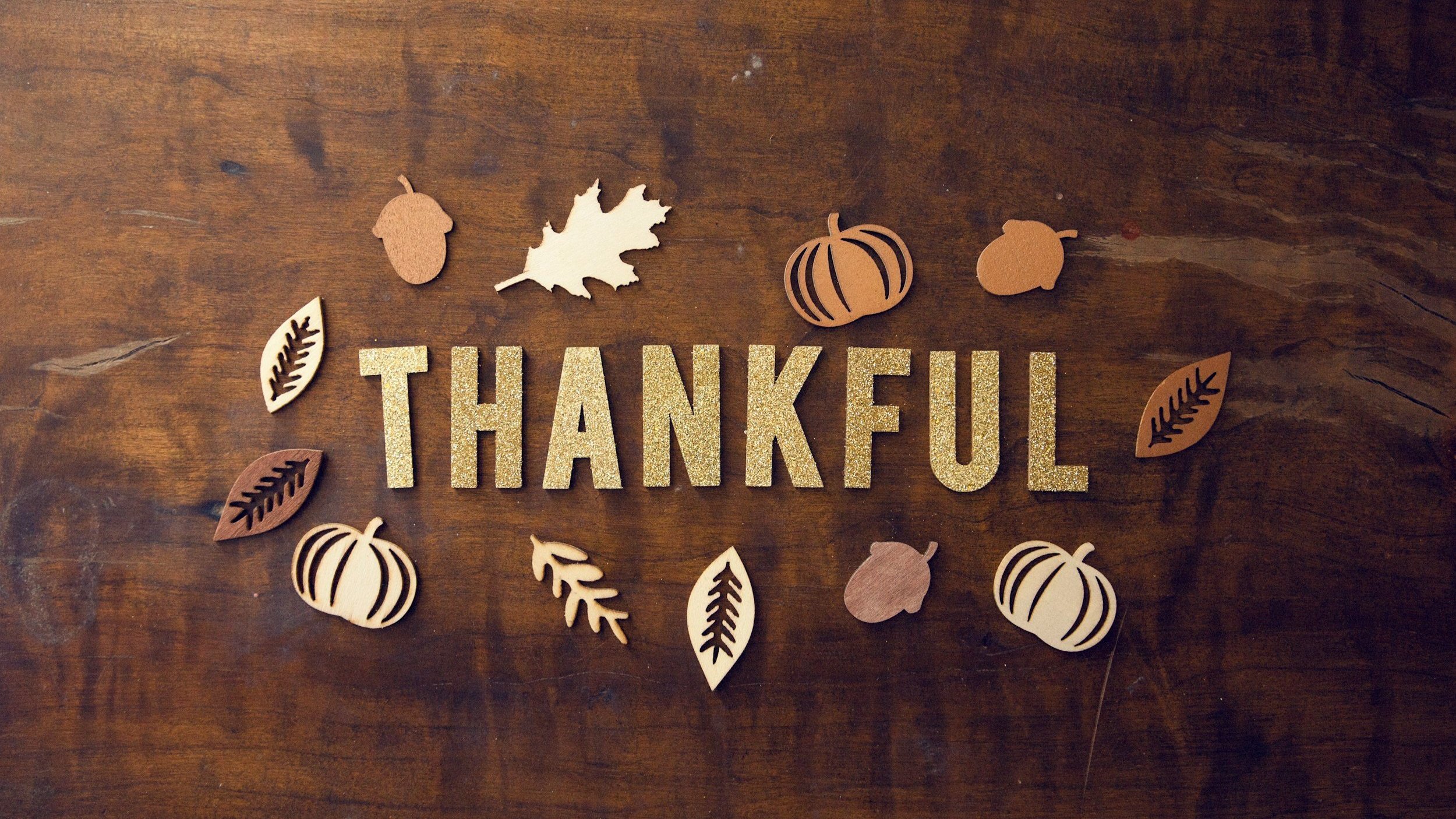A Time for Gratitude and Healing : Tips for a Recovery-Focused Thanksgiving
By Dallas Parson MA, RD, LD, CEDS
For many, Thanksgiving is a joyous holiday spent with family and friends, enjoying food, and sharing gratitude. But for those who have an eating disorder, it may evoke a mixture of emotions (stress, fear, anxiety, etc.) making it challenging to remember the reason for the season. However, with planning, support, and grace, it can also be an opportunity to reclaim food freedom and body kindness. We would like to offer some insights and tips to help you navigate this Thanksgiving with self-compassion in mind.
Preparation is Key
Before the festivities begin, take some time to strategize. Consider working with a dietitian and therapist who are eating disorder informed to identify your support needs and set appropriate goals leading up to the holiday. If comfortable, confide in a friend or family member about your struggles and recovery-focused goals. Having a support system in place can make a significant difference throughout one’s recovery journey. You may even want to practice exposure to holiday dishes in the days/weeks leading up to Thanksgiving Day. Also, feeling higher levels of fullness or bloating is not abnormal, so dress comfortably.
Nourish Your Body
Although the amount of food may look different on Thanksgiving, your body’s need for consistent and adequate nourishment hasn’t changed. Work with your dietitian to identify how your holiday meals can work into your meal plan structure. Discuss perceived barriers to following your meal plan on this day and support needs/coping skills you can use to empower yourself. Remember, your body doesn’t see food the way your eyes do. Your body sees the nutrient and knows how to utilize it best.
Focus on Connection
Thanksgiving is about more than just the food; it’s a time to connect with loved ones. If you catch yourself hyper-fixating on concerns about food or body image, try using a coping skill to ground yourself in the present. Engage in conversations, share stories, play games, and create memories. Building connections can help reduce the emphasis on food and make the holiday more meaningful and enjoyable.
Be Kind to Yourself
If at any point you experience discomfort, remind yourself that it is okay and you are not alone. Don’t hesitate to ask for support whether it be family, friends, or a support group. It may be beneficial to plan out coping skills you can use during the event to help ground you (deep breathing, 5-4-3-2-1 sensory, fidget device, etc.). Self-compassion is vital throughout all stages of recovery. Treat yourself with the kindness you would offer a friend in a similar situation.
Celebrate Your Journey
Many of us are so quick to see ourselves through a critical lens when goals don’t go as perfectly as planned. No matter how your day turns out, take a moment to pause and reflect on the victories you’ve experienced this year. Consider sharing these with your supporters; you might be surprised by the additional accomplishments they’ve noticed by you as well. Remember, eating disorder recovery takes both small and large victories, and all are valuable for the end goal.

